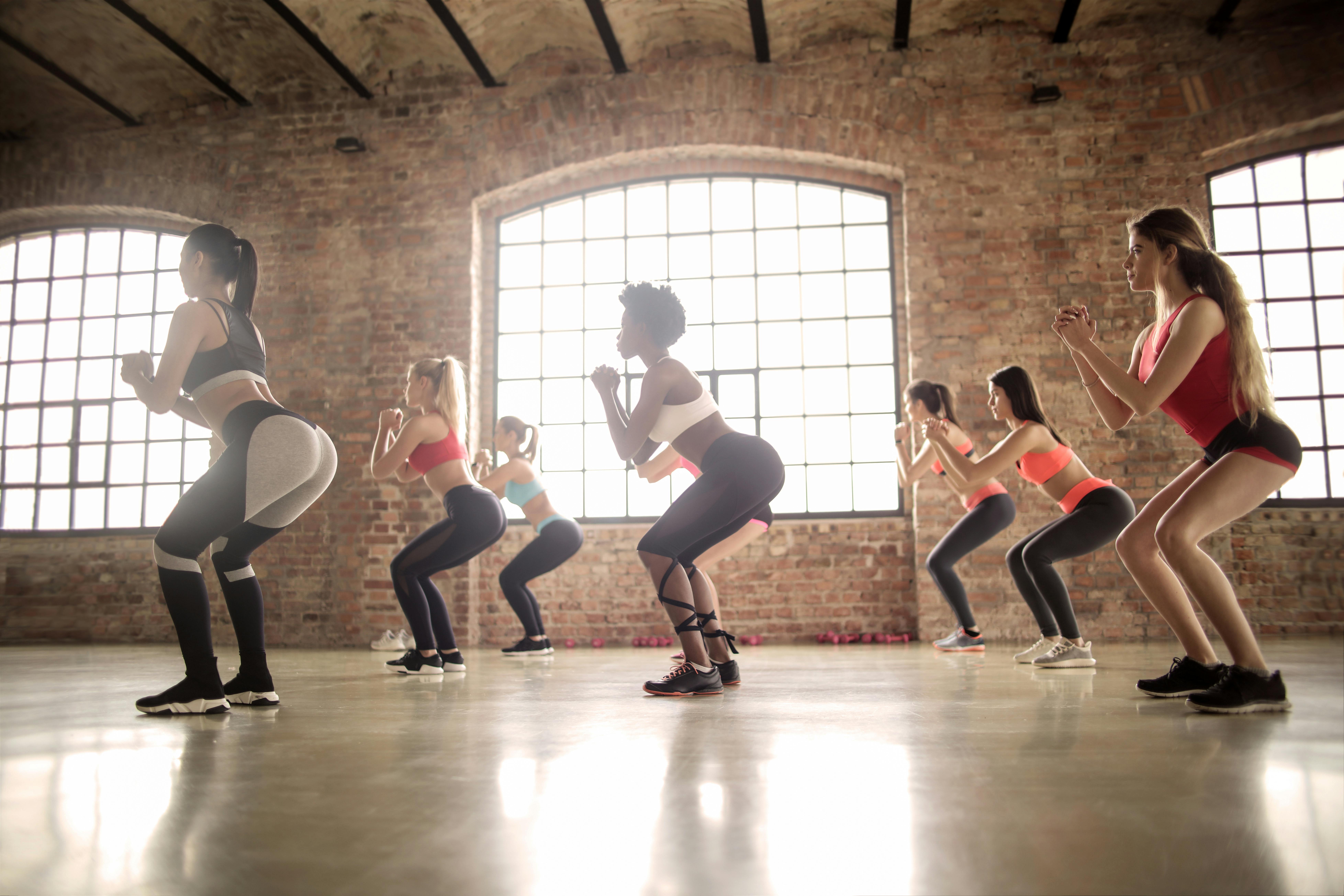
Personality Traits May Predict Preferred Workouts, New Study Finds
Matching fitness routines with personality types could help boost motivation and consistency, researchers say. A new study published in Frontiers in Psychology suggests that aligning exercise routines with personality traits may improve workout enjoyment and long-term adherence. Conducted by researchers at University College London, the study analyzed how the Big Five personality traits influence exercise preferences.
“We found that our personality can influence how we engage with exercise, and particularly which forms of exercise we enjoy the most,” said Flaminia Ronca, associate professor at University College London and co-author of the study.
The study involved 132 adult participants divided into two groups: one group followed at-home cycling and strength training routines, while the other maintained their usual fitness habits. Participants completed personality and stress-level questionnaires before and after the trial. In total, 86 individuals completed the full study.

Man lifting weights | Source: Pexels
The findings revealed distinct preferences based on personality profiles:
- Extraverts favored high-intensity and social workouts such as HIIT, group cycling, and team sports.
- Conscientious individuals preferred goal-driven activities, like weight training and marathon preparation.
- People high in neuroticism (emotional instability) were more comfortable with private, low-pressure settings, such as personal training or Pilates.
- Those scoring high in openness and agreeableness enjoyed fun and varied activities, including Zumba, martial arts, and rock climbing.
- Introverts gravitated toward solitary and home-based exercises, such as yoga, Pilates, and solo running.

A Zumba session | Source: Pexels
“It’s OK if we don’t enjoy a particular session,” Ronca added. “We can try something else.”
The study highlights the potential benefits of tailoring fitness routines to individual psychological profiles, offering a new avenue for promoting sustainable exercise habits.
The information in this article is not intended or implied to be a substitute for professional medical advice, diagnosis or treatment. All content, including text, and images contained on contraSpero.com, or available through contraSpero.com is for general information purposes only. contraSpero.com does not take responsibility for any action taken as a result of reading this article. Before undertaking any course of treatment please consult with your healthcare provider.
